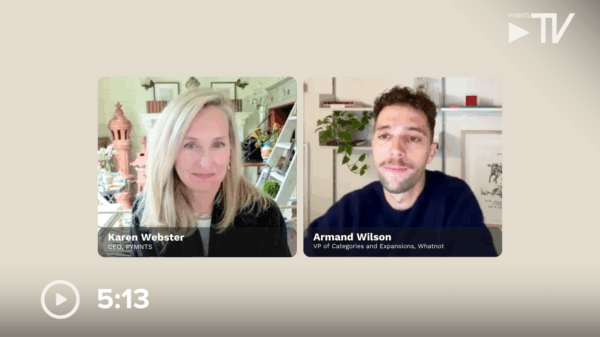A woman’s recent experiment involving her in-laws has led to feelings of distress and isolation, highlighting the complexities of family relationships. After relocating four hours away for work, she and her husband found themselves increasingly disconnected from his family, who they once saw frequently.
The woman, who remains anonymous, reported that despite her efforts to maintain contact through weekly calls and holiday gifts, the initiative to reach out was not reciprocated. After a year of trying, she decided to stop initiating contact to see if anyone would reach out to them. More than eight weeks passed without any communication from her in-laws, while his mother consistently contacted other siblings living in different areas.
Isolation and Disappointment
Despite making the effort to visit his family a few times a year, they have never reciprocated with visits to her home, despite several invitations. The emotional toll has been significant for her, as she mourns the loss of her previous close relationships and feels frustrated by what she perceives as a lack of care from her in-laws.
In her letter to the advice column “Dear Abby,” she expressed feelings of loneliness and disappointment, especially as her husband, focused on his work, seems able to move on without dwelling on the situation. This dynamic has left her feeling cast aside and longing for the connection she once had.
Abigail Van Buren, the writer of “Dear Abby,” responded with practical advice, suggesting that the woman redirect her energy towards building friendships in her new community rather than fixating on her in-laws’ apparent shortcomings. Van Buren emphasized the importance of moving forward and finding new interests to foster connections.
Concerns for a Child’s Safety
In another letter featured in the same column, a reader expressed deep concern for her best friend’s daughter, Mandy, who is just three years old. The child’s father has exhibited verbally abusive behavior towards both his wife and daughter, leading the concerned friend to fear for their safety. The son-in-law’s actions, which are characterized as parental alienation, have prompted worries about the long-term psychological impact on Mandy.
The concerned friend questioned whether she should encourage her friend to act quickly and help her daughter leave the abusive situation or if it would be better to remain uninvolved. Van Buren highlighted the dangers of delaying action, noting that verbal abuse can escalate into physical harm. She urged the reader to communicate with her friend about the seriousness of the situation and the importance of seeking help, providing the number for the National Domestic Violence Hotline at 800-799-7233.
These two letters reflect ongoing challenges within family dynamics and the importance of addressing both emotional and physical safety within relationships. As individuals navigate their complex connections, seeking support and fostering new relationships can be crucial to personal well-being.
For those seeking advice or support, “Dear Abby” is available at www.DearAbby.com or via mail at P.O. Box 69440, Los Angeles, CA 90069.








































































